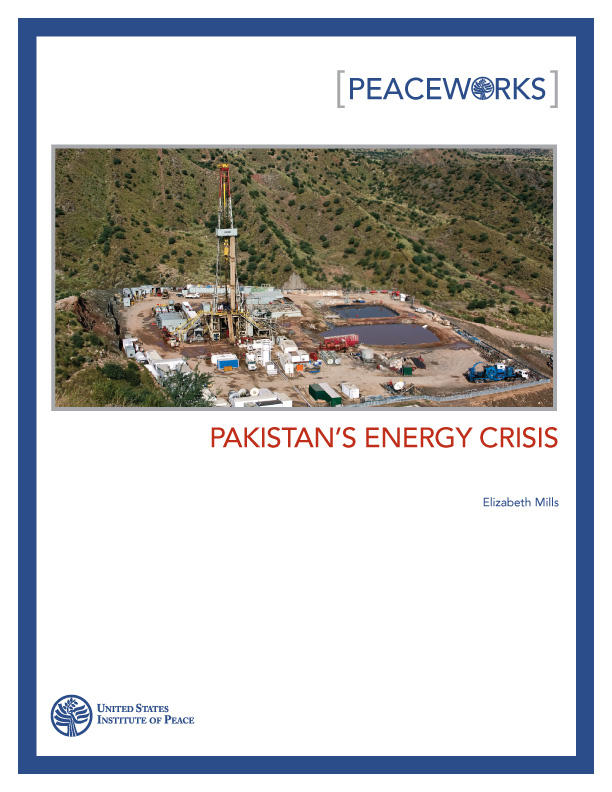Pakistan's Energy Crisis
Pakistan faces an acute energy crisis that it cannot fix by domestic policy alone. Instead, it will need to rely on regional cooperation. How Pakistan pursues its regional options will either increase competition among its neighbors or strengthen regional ties.

Summary
- Pakistan has an acute energy crisis that it cannot resolve domestically—at least not in the near term—placing the onus on greater regional cooperation for addressing the situation.
- This crisis reflects years of underinvestment, partly implemented reforms, and bureaucratic overlap and infighting. The government has taken steps to address the problem, but a far more comprehensive package of solutions is required—one that must be enacted with greater political will than yet displayed.
- Pakistan has various regional energy options it can pursue. These are not mutually exclusive and could, for example, see Pakistan develop as both an energy hub and a corridor, taking advantage of its geographic position as a crossroads to and between so many countries.
- Unfortunately, many of the regional solutions available, while boosting the prospects for Pakistan on one hand, undermine it on the other. Thus, Pakistan is faced with difficult choices, with every avenue that appears to offer a new energy source also having a major downside.
- At present, Pakistan is not well placed to transform itself. It is in a fiscally fragile position and politically charged as it heads into an election cycle. Its security situation is poor, and social unrest in the country is unusually high. Relations with regional neighbors such as Afghanistan and India remain problematic, and its global standing is poor.
- Ultimately, Pakistan must prove it is a worthy ally to the key players in the region. As battered and bruised as it is, Pakistan needs to overcome past experiences and recreate itself as a dependable, trustworthy partner.
- Regional frameworks are in place that could be far better employed to serve Pakistan’s interests. These include the South Asian Association for Regional Cooperation (SAARC) and the Economic Cooperation Organization (ECO), both of which need to be developed with a focus on energy and development.
- In the long term, mutual energy need may help dissipate traditional divisions between countries. This is certainly the best-case scenario for Pakistan, and one that curtails the gain-and-loss pattern of its current energy relationships.
About the Report
Pakistan has an acute energy problem that requires increased domestic attention to the problem and pursuit of regional solutions, both to benefit Pakistan and to prevent this problem from being a source of domestic and international conflict. This report provides an overview of some of the key problems facing Pakistan’s energy sector, considers some of the solutions that the government is pursuing, and then concludes with a look at what benefits Pakistan could achieve by pursuing greater engagement in regional and bilateral energy relations.
About the Author
Elizabeth Mills is a freelance consultant with a focus on energy, environmental, and geopolitical issues. She has written about South Asia for more than a decade and has lived and worked in the region.



